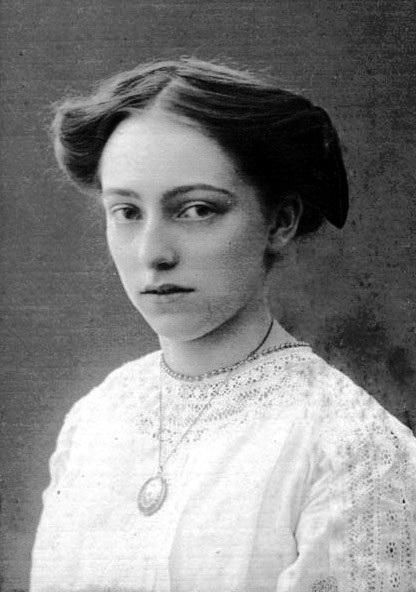Your search - Voigt, Lene - did not match any resources.
Lene Voigt
 Lene Voigt (born Helene Wagner: 2 May 1891 - 16 June 1962) was a German writer and poet. Although some of her earlier work employed standard "Hochdeutsch" German, she is better remembered today for her poetry and prose texts written in the Upper Saxon dialect.
Lene Voigt (born Helene Wagner: 2 May 1891 - 16 June 1962) was a German writer and poet. Although some of her earlier work employed standard "Hochdeutsch" German, she is better remembered today for her poetry and prose texts written in the Upper Saxon dialect.After 1945 her home city of Leipzig found itself in what became, in 1949, the German Democratic Republic (East Germany). For various reasons Voigt's work disappeared from the shelves during the National Socialist years: her hopes that it would return to the magazines and bookshops after 1945 were dashed. It is widely thought that this was, at least in part, because her Upper Saxon dialect writing was seen in some quarters as disrespectful. Walter Ulbricht, the national leader between 1949 and 1971, also came from Leipzig, which meant that the dialect and accent of Saxony were the dialect and accent of the leader. In West Germany, across the internal border, her work was again published during the 1950s, and after Walter Ulbricht left the stage it also experienced a revival in East Germany, where a particularly effective cheer leader was (and post-reunification remains) the cabaret artiste and impresario Gisela Oechelhaeuser. Provided by Wikipedia
